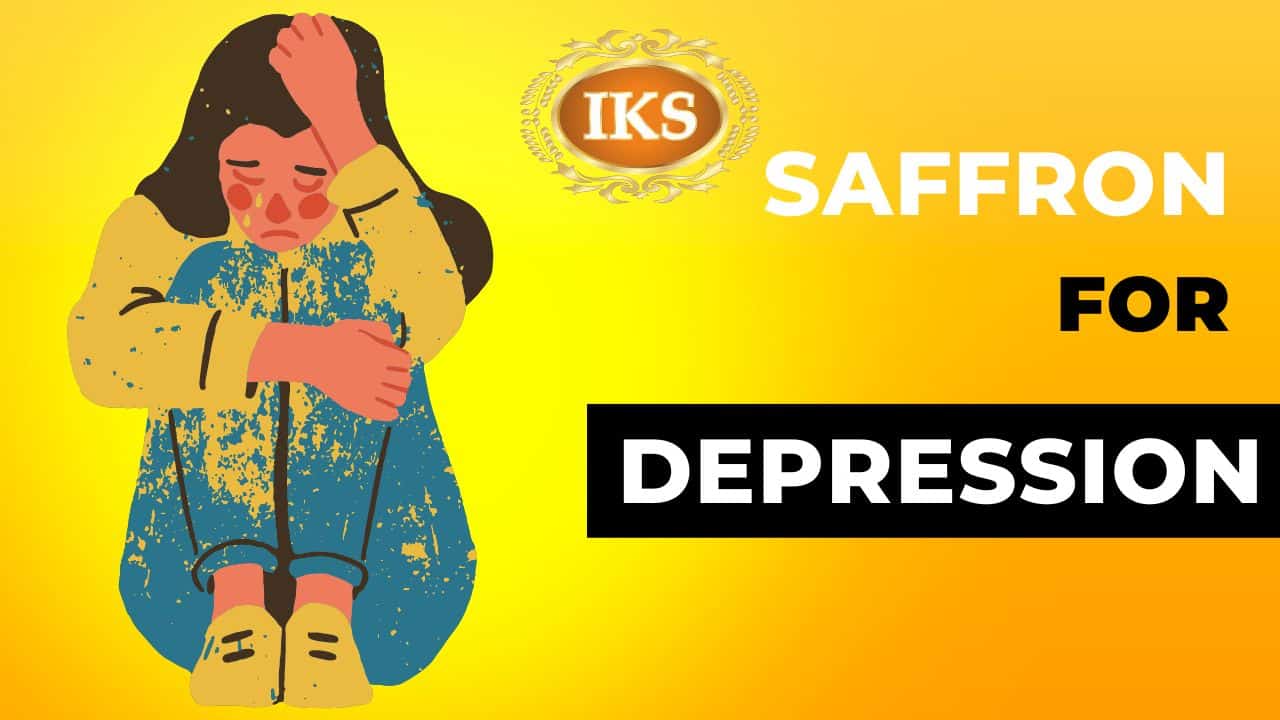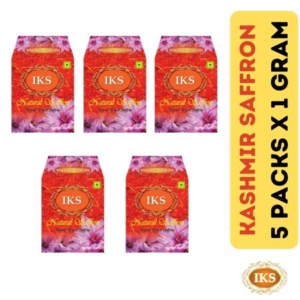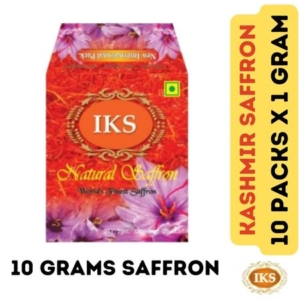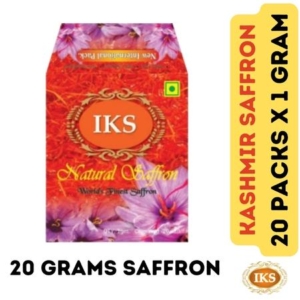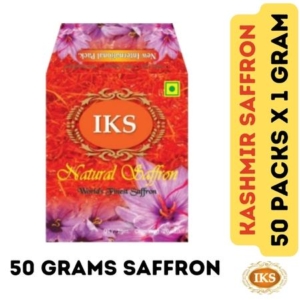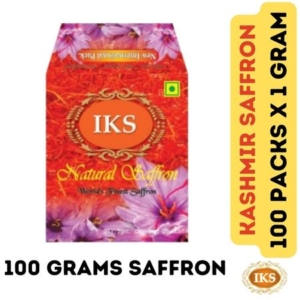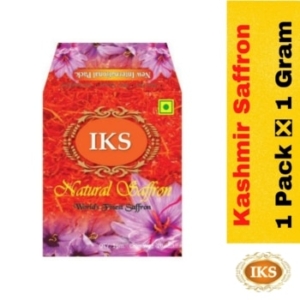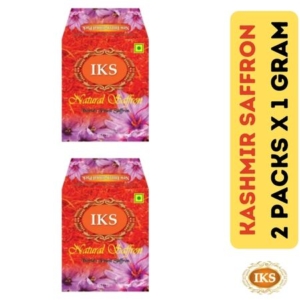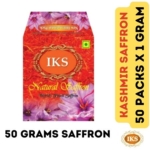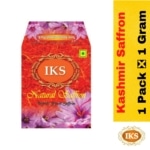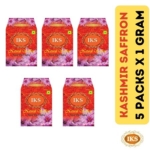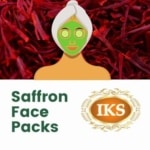Let customers speak for us
from 101 reviewsSaffron for Treating Depression
How True is it that Saffron is used for Treating Depression? Depression is a mental illness that can be difficult to treat. Medications prescribed by doctors can have unwanted side effects, and therapy can be expensive. Some people turn to natural remedies like saffron to try and ease their symptoms. But does saffron actually work?
What is saffron and Is Saffron used for Treating Depression?
Saffron is a spice that has been used in traditional medicine for centuries. It is thought to have antidepressant properties and has been traditionally used to treat depression. In recent years, saffron has been the subject of several clinical studies investigating its potential as an antidepressant. The results of these studies have been promising, with saffron showing efficacy comparable to that of some conventional antidepressants.
The history of saffron as a treatment for depression
Saffron has a long history of use as a medicinal herb. In traditional Chinese medicine, it is used to treat a variety of conditions, including depression. In Ayurvedic medicine, saffron is used to treat digestive issues, anxiety, and insomnia.
In the Middle Ages, saffron was used to treat mental illness and emotional disorders. The first recorded use of saffron for the treatment of depression was in the 9th century by the Persian physician Razi. He recommended saffron for the treatment of melancholia, which was a common form of depression at that time.
Saffron continued to be used as a treatment for depression throughout the centuries. In the 17th century, the English physician Nicholas Culpeper wrote that saffron could be used to treat hysteria and other forms of mental illness.
Modern science has begun to investigate the potential of saffron for the treatment of depression. A 2008 study found that saffron may be as effective as fluoxetine (Prozac) in treating mild to moderate depression. A 2012 study found that saffron may have antidepressant effects in people with major depressive disorder.
How does saffron work to treat depression?
There is still some uncertainty about how saffron works to treat depression, but there are a few theories. One theory is that saffron works by increasing levels of serotonin in the brain. Serotonin is a neurotransmitter that plays an important role in mood and happiness. Another theory is that saffron works by reducing inflammation in the brain. Inflammation has been linked to depression, so by reducing inflammation, saffron may be able to help ease symptoms of depression.
The different types of saffron
Saffron is a popular spice that has been used for centuries in cooking and traditional medicine. This spice is made from the dried stigmas of the crocus sativus flower and has a long history of use in treating depression.
There are different types of saffron available on the market, each with its own unique flavor and properties. The most common type of saffron is Kashmiri saffron, which is grown in the Kashmir region of India. This type of saffron is known for its strong flavor and bright red color.
Iranian saffron is another popular type of saffron that is grown in the Iran. This type of saffron is considered to be the highest quality due to its potency and rich flavor.
Spanish saffron is another type of saffron that is commonly used in cooking. This variety has a milder flavor than other types of saffron and is often used to add color to dishes without adding too much flavor.
No matter what type of saffron you choose, it is important to purchase this spice from a reputable source. When purchasing saffron, look for a product that is labeled “100 percent pure
The benefits of saffron for treating depression
Saffron has long been used in traditional medicine for its wide range of health benefits. Recently, studies have shown that saffron may be an effective treatment for depression.
Depression is a common mental disorder that can cause a range of symptoms, including feelings of sadness, loss of interest or pleasure, fatigue, difficulty concentrating, and changes in appetite or sleep. If left untreated, depression can have a negative impact on all areas of life, including work, relationships, and physical health.
While there are many effective treatments for depression, some people may not respond well to traditional medications or therapies. For these people, alternative treatments such as saffron may be worth considering.
Saffron has been shown to boost levels of serotonin and other neurotransmitters in the brain. This can help to improve mood and ease symptoms of depression. In addition, saffron has anti-inflammatory and antioxidant effects that can protect the brain against damage caused by stress and improve overall brain health.
If you are interested in trying saffron for treating depression, speak to your doctor first. While it is generally safe for most people, saffron may not be suitable for everyone. It is also important to make
The side effects of saffron
There are many potential side effects of taking saffron for treating depression. These include dizziness, headache, dry mouth, and upset stomach. Additionally, saffron may interact with other medications, so it is important to speak with a healthcare provider before taking it. Some people may also be allergic to saffron. If any of these side effects occur, it is important to stop taking saffron and seek medical attention.
Conclusion
Saffron has been shown to be an effective treatment for depression, with few side effects. If you are considering taking saffron for depression, it is important to speak with your doctor first to make sure it is the right treatment for you.

